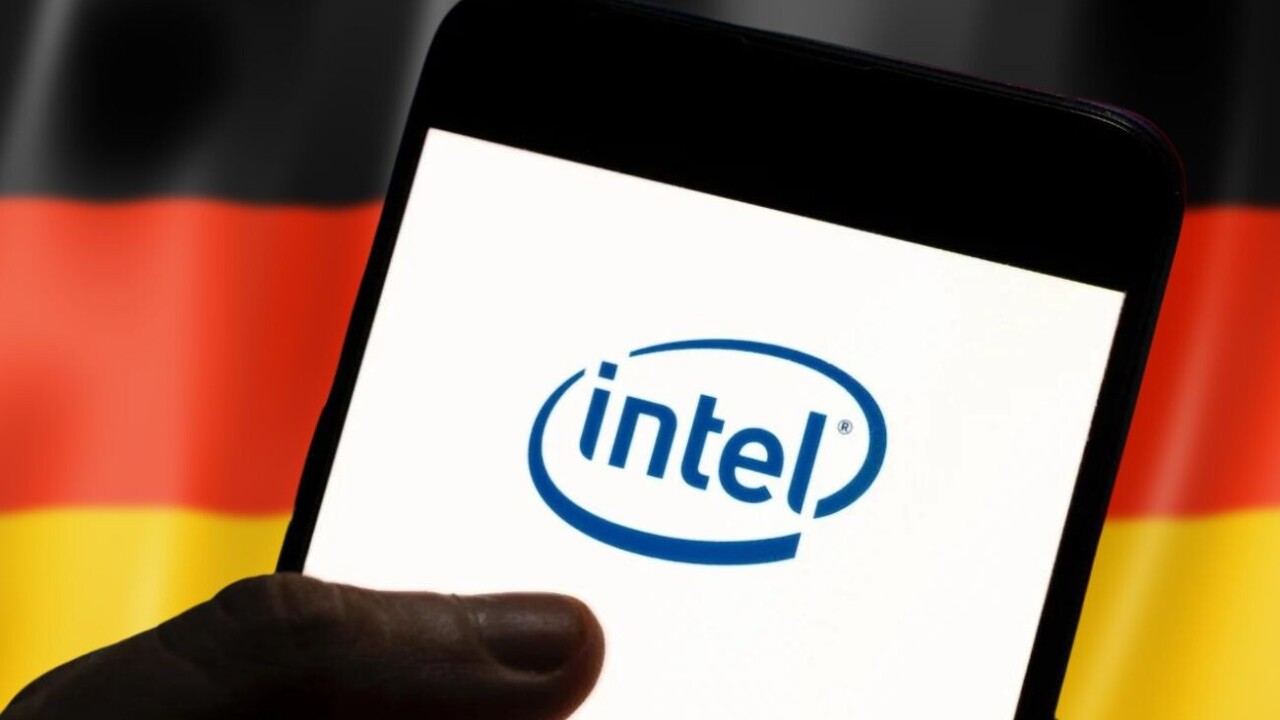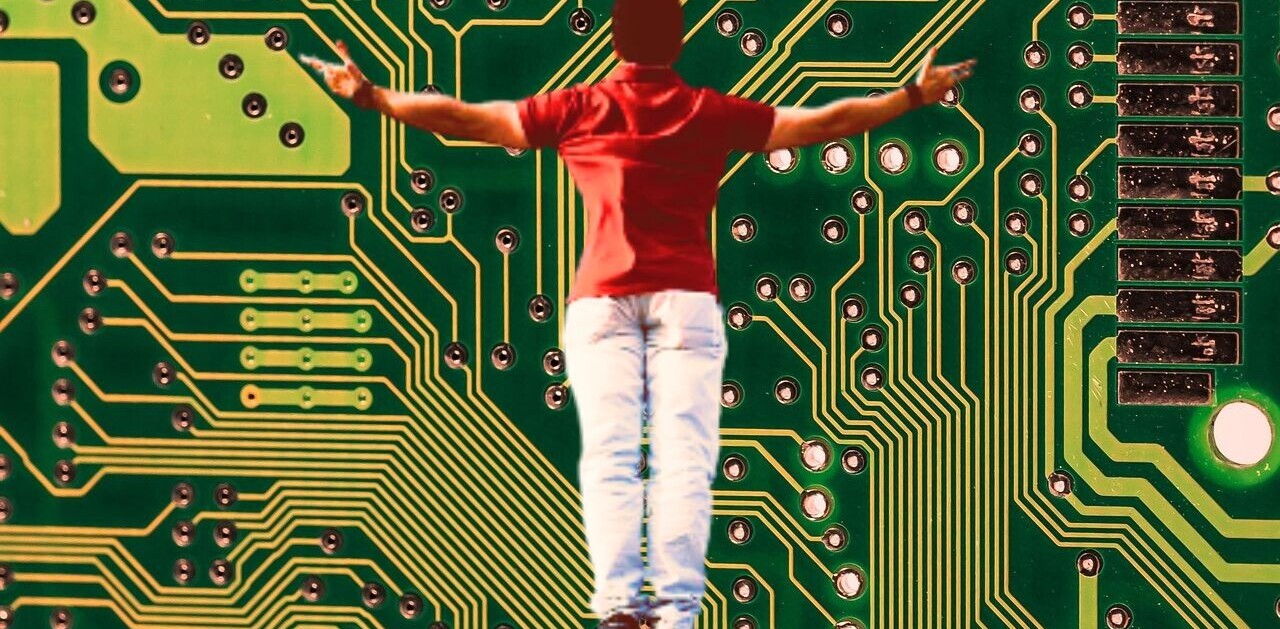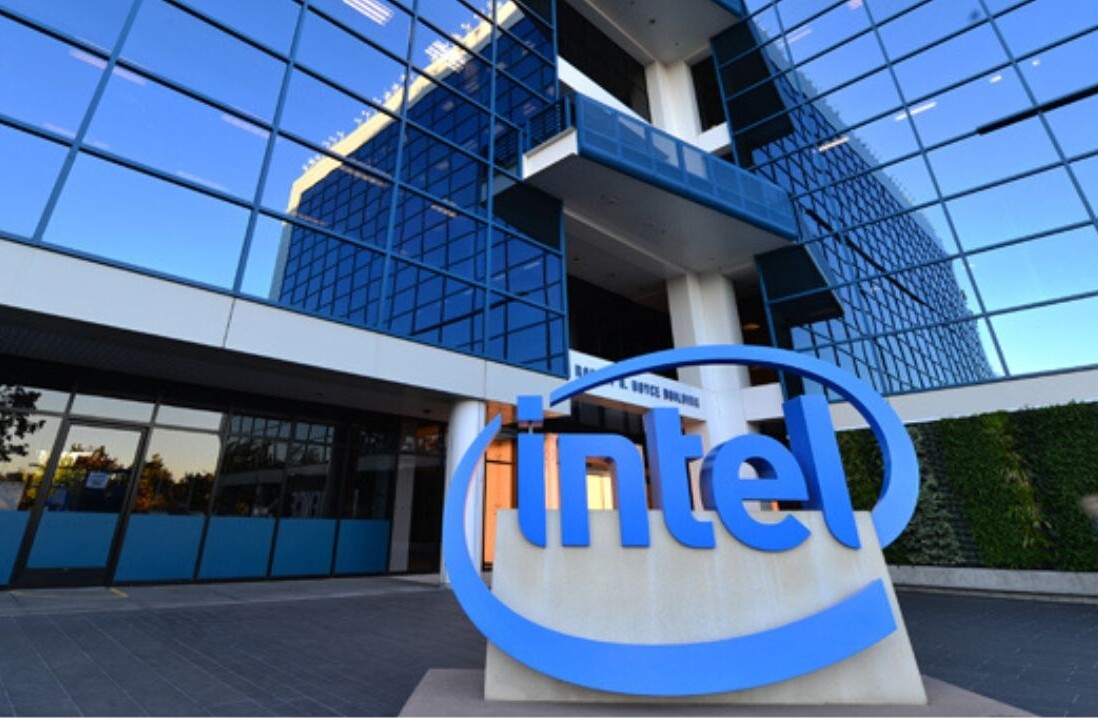
Intel and the German government have struck a deal on how to split the bill for a massive chip factory in Magdeburg, marking the end of a months-long funding dispute.
The US chip giant agreed yesterday to fork out more than €30bn to develop the plant, a deal Chancellor Olaf Scholz hailed as the single biggest foreign direct investment in German history. The government has also agreed to up its subsidies for the megaproject from €6.8bn to €10bn.
“Today’s agreement is an important step for Germany as a high-tech production location — and for our resilience,” Scholz said. “With this investment, we are catching up technologically with the world’s best and expanding our own capacities for the ecosystem development and production of microchips. This is good news for Magdeburg, for Germany, and for all of Europe.”
Construction of the plant was delayed late last year, which Intel attributed to surging energy and material costs. In March, the company requested billions more in subsidies to cover the shortfall. However, many within the government were reluctant to spend more taxpayer money on the scheme.
Yesterday’s agreement concludes months of protracted negotiations and is a major breakthrough for the megaproject. Intel CEO Pat Gelsinger said he was grateful to the government and the state of Saxony-Anhalt, where Magdeburg is located, for “fulfilling the vision of a vibrant, sustainable, leading-edge semiconductor industry in Germany and the EU”.
The agreement comes just days after Intel announced it is investing €4.6bn to build a semiconductor assembly and testing facility in Poland. This facility, coupled with the Magdeburg site, and Intel’s existing wafer factory in Ireland, will effectively create an end-to-end value chain for semiconductors in Europe.
The first facility in Magdeburg is now expected to enter production within four to five years after the subsidy regime is approved by the European Commission.
The site is expected to create 7,000 construction jobs during the first phase, about 3,000 permanent high-tech jobs at Intel and tens of thousands of additional jobs across the semiconductor industry ecosystem.
Semiconductor chips are the building blocks of digital products. Demand for them is expected to double between 2022 and 2030, with the industry predicted to reach a global market value of $1trn within the same timeframe. To cash in on the chip gold rush and secure a more reliable supply, the EU wants to double its share of the semiconductor market from less than 10% today to 20% by 2030.
Deputy chancellor Robert Habeck said Intel’s investment would “raise semiconductor production in Germany to a new level, and is an important contribution to growing European sovereignty”.
Get the TNW newsletter
Get the most important tech news in your inbox each week.




